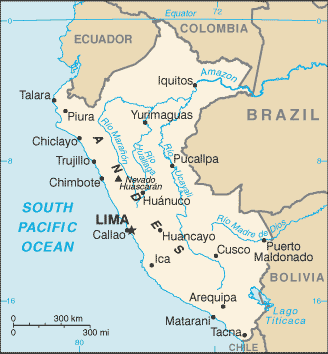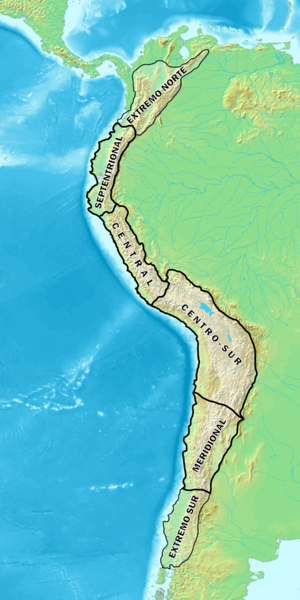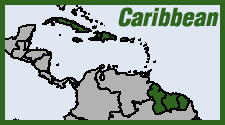 Agents of Peru's National Police force intercepted a small plane loaded with 300 kilos of cocaine paste in Oxapampa province, Pasco region, on Nov. 24, mortally wounding the pilot, a Bolivian national. Authorities said the agents, attached to the elite Tactical Anti-drug Operations Directorate (DIRANDRO), were staking out a clandestine airstrip they had discovered when the Bolivian-registered plane landed there.
Agents of Peru's National Police force intercepted a small plane loaded with 300 kilos of cocaine paste in Oxapampa province, Pasco region, on Nov. 24, mortally wounding the pilot, a Bolivian national. Authorities said the agents, attached to the elite Tactical Anti-drug Operations Directorate (DIRANDRO), were staking out a clandestine airstrip they had discovered when the Bolivian-registered plane landed there.

 On Oct. 23, National Police in Peru apprehended in Lima an accused commander of one of the two surviving remnant factions of the Sendero Luminoso guerilla movement. The Interior Ministry named the detained man as Rolando Pantoja Quispe, and said he was under the orders of
On Oct. 23, National Police in Peru apprehended in Lima an accused commander of one of the two surviving remnant factions of the Sendero Luminoso guerilla movement. The Interior Ministry named the detained man as Rolando Pantoja Quispe, and said he was under the orders of  A new riot between rival gangs in the dangerously overcrowded prison at Altamira, in the Mexican border state Tamaulipas, left seven inmates dead Oct. 26. State authorities said the prisoners were killed with makeshift knives in a fight in one cellblock at the facility, officially known as the Execution and Sanction Center (CEDES). Thirty-one inmates died in a
A new riot between rival gangs in the dangerously overcrowded prison at Altamira, in the Mexican border state Tamaulipas, left seven inmates dead Oct. 26. State authorities said the prisoners were killed with makeshift knives in a fight in one cellblock at the facility, officially known as the Execution and Sanction Center (CEDES). Thirty-one inmates died in a  Renowned Mexican investigative journalist
Renowned Mexican investigative journalist  Opposition legislators in Suriname are calling on President Desi Bouterse to resign following the arrest of his son by DEA agents in Panama Aug. 29. Dino Bouterse was was apparently travelling on a diplomatic passport when he was busted on charges of operating a cocaine trafficking ring. The US federal indictment, filed in Manhattan, also charges him with violating firearms laws by wielding an anti-tank weapon during a drug offense.
Opposition legislators in Suriname are calling on President Desi Bouterse to resign following the arrest of his son by DEA agents in Panama Aug. 29. Dino Bouterse was was apparently travelling on a diplomatic passport when he was busted on charges of operating a cocaine trafficking ring. The US federal indictment, filed in Manhattan, also charges him with violating firearms laws by wielding an anti-tank weapon during a drug offense.






Recent comments
2 days 9 hours ago
2 days 16 hours ago
3 weeks 3 days ago
4 weeks 2 days ago
8 weeks 2 days ago
12 weeks 1 day ago
16 weeks 1 day ago
16 weeks 6 days ago
26 weeks 6 days ago
31 weeks 8 hours ago